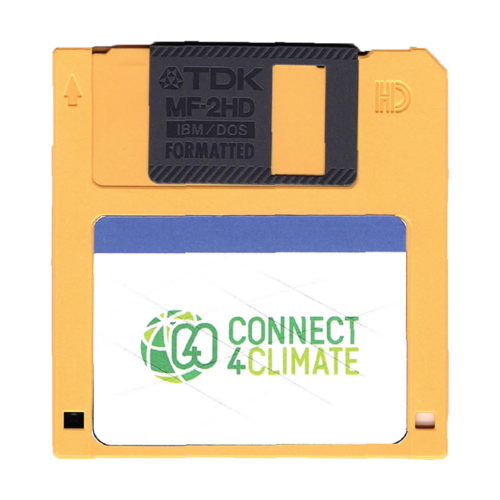The principles of sustainability are all well and good within a vacuum. However, incentivizing individuals, firms, nations, and the world to follow these principles pose some additional challenges. One way that many experts have sought to spearhead sustainability within the US is through our economy. If we as a country, along with other capitalist states, can start associating carbon production, environmental damage, and inefficient business operations with a monetary and measurable cost, the economy will become sustainable in no time. Just watch.
In fundamental economics, a cost of production of a certain quantity not acknowledged by producers or consumers is defined as an externality. When these costs are recognized and price and quantity adjust as such, production stabilizes at what economists call the socially optimal quantity. Yvon Chouinard, Jib Elison, and Rick Ridgeway at Harvard Business Review classify this as ‘True Cost Accounting.’ “What if we could get to the point where the lowest-priced T-shirt was also the one doing the least harm to the planet and society? In that scenario, consumers’ bargain hunting would align perfectly with business practices that sustain a healthy and just world, and powerful market forces would be put in the service of sustainability’s goals. (Chouinard et. al). Recognizing externalities is a critical component of sustainable-ifying the economy. In almost every area of the private sector, there are adjustments that could be made to harness the buying power of consumers and the marketing power of producers for the good of the planet. In essence, sustainability scientists are asking economists to appraise the environment and smooth consumption cost over as long a period as possible, in hopes of reaching a point of such efficiency that our economy and the world around it become perpetual.
Many organizations are already dipping their toes into the water of advocacy for such business practices. The World Wildlife Fund and the United Nations both have extensive resources dedicated towards publicizing the cost of environmental harm. Both acknowledge the importance of economic activity and finance toward a sustainable revolution, and both have developed international goals to operate within the planet’s means. The WWF also focuses on investment as a key strategy in the development of a sustainable economy. Engaging with public financial officials, policy makers, and private advisory boards will only incentivize an analytical mindset when considering the burden of business on the Earth.
Decisions regarding sustainability within an economic context up until this point have been directed at the consequences of climate change. Extreme weather and pollution have begun to ravage many regions of the world, with finance and technology quickly rushing to aid. Instead, these resources could be directed at the root cause of climate change, an unchecked business world, and internalize an already very present external cost of climate change.
Connect4Climate’s Climate Countdown: Carbon Pricing video provides an expertly crafted visualization of the breakdown of resources, timelines, and combinations of the two that point toward more sustainable operations. In the video, John Hansen, a climate policy and clean energy advocate, describes the “adaptation and mitigation” of our reactionary approach to climate change as “throwing good [resources] money into a leaky system.” Hansen goes on to describe carbon pricing as the solution to correcting the global economy.
With these sources at hand, it is not hard to see how applying core economics to sustainability provides a viable avenue toward global change. What it ultimately comes down to is a just association between price and source. Currently, the burden of climate change and extreme climate is felt by the common consumer. Associating this burden with environmental harm, bolstering the economy in a way that promulgates sustainability, and harmonizing the global aspects of climate and business are the keys to concrete, tangible change for the betterment of the world.
Sources:
https://www.wwf.eu/what_we_do/sustainable_economies/#:~:text=A%20sustainable%20economy%20is%20one,below%202%C2%B0C%20threshold.
https://www.un.org/sustainabledevelopment/economic-growth/
https://hbr.org/2011/10/the-sustainable-economy
